Describing homelessness as a choice helps gain a sense of control over not only the circumstances, but the identity of the homeless.
In 2012, we set out to unpack some of the contexts and circumstances that situate and make meaningful the espoused choices to be homeless that people make. To this end, we developed a model of homelessness that respected the capacity of people who are homeless to exercise choices, to see their choices as imbued with their life experiences as well as reflecting their sense of place in society. The model was an attempt to move beyond the unfortunately common characterization of people experiencing homelessness as passive victims.
Such characterizations are not merely disempowering, but are ethically and empirically objectionable. Perhaps the most offensive cases involve bureaucratic definitions of homelessness that deny a priori the very possibility that homelessness can be a chosen state.
According to the Australian Bureau of Statistics’ definition, which is itself based on the European typology of homelessness, “homelessness is not a choice.” This implies that homelessness is always a result of structural problems, that homeless people are always homeless due to circumstance beyond their control, rather than internal factors over which they have control.
This may actually be true most or even all of the time, but it is an empirical question; it cannot be true by definition. Significantly, it is an empirical position that is in direct conflict with the expressed position of some people who are homeless.
Personal Choice
Some homeless people claim to have actively chosen homelessness. To claim to understand another person’s choices and actions better than that other person is arrogant at best and incoherent at worst. The claim is indicative of an unfortunately dominant paradigm in the social sciences of explaining people’s actions with theories removed from the accounts of the people we study, particularly marginalized people such as those who are homeless.
A consistent theme identified among nearly all interviewees centered on homelessness being explained as a personal choice. Importantly, each person who articulated homelessness as a choice did so with reference to addiction. Homelessness as a choice was described as subordinate to the primary aim of using illicit substances.
In conversations held over a six-month period, people were asked to explain what accounted for their homelessness. The following remarks are representative of how this was rationalized in terms of choices:
“What money I get, it’s not enough for me to indulge how I want, and pay rent. So I’ve decided to skip rent, so I can indulge myself more – that’s why … I know people by accident, and by misfortune do become homeless, but those that do, that are wanting a place, get it very quickly. It’s only those that want their money for other reasons. They’re the ones that stay homeless … And once you work out that, shit I can stay down here for nothing, and go up there and get fed for nothing, and people come here and, all of a sudden, it’s too easy to stay out.”
“Yeah well down here – the reason I’m on the riverbank is because of my drug habit. I can’t afford to go out and pay rent, because every cent I get goes to drugs when I’m here. So whatever’s left after visiting the kids, goes up my arm.”
“But no, I’ve cocked up my life. But in a nutshell, we’re here because of our own fault: when it comes down to it. And you know people say no, no, no, but we are because if we hadn’t chosen that side of life we wouldn’t be here. We’ve got no one to blame but ourselves … Um I definitely do blame the drugs for that, but I blame me for the drugs.”
These participants frame their experiences as resulting from conscious or deliberate actions. Moreover, these individuals are aware of other potential choices and consequences. One described this with reference to it being too easy to stay homeless due to external support, namely: the accessibility of services.
In fact, all participants expressed a sound awareness of the services and resources available, and the costs and consequences of accessing them. Their choices often explicitly compared the costs and value of the services to the costs and value of illicit substance use to arrive at their preferred choice. Such weighing of cost and benefits are indicative of rational choices.
Human Agency
Our participants presented their continued homelessness as a free choice. Obviously, this choice was made against a background of illicit substance addiction. This may imply their choices are in fact highly constrained. There is a body of work to suggest that those seeking illicit substances have at best a diminished capacity to actually make free choices.
Neurobiologists have long shown the power of substance addiction to control behavior toward craving and drug seeking. Thus it may be illegitimate to characterize these as free choices. However, if the choice is seen as problematic or being made by an individual with diminished capacity to make free choices, the individuals are clearly conscious of their choices. Using or abstaining from illicit substances is a choice that people actively make, but there are structural factors that contribute to the context in which those choices operate.
At the center of our model of homelessness is human agency. Our participants did not want to be seen as passive and deficient “homeless people” who had been made homeless by others. By constructing homelessness as a choice, they were highlighting their autonomy and normality: “I fell into this situation. It was my own choice to do it.” “It’s my own fault. When I got out of jail I stuffed up big time. I made the choices to end up homeless.”
Many spoke comfortably about the profound negative aspects of living on the streets, and the powerlessness and danger that went with it. They did not try to explain their homelessness in terms of freedom or having escaped a conventional and problematic way of living. Unlike people living on the streets of San Francisco, these expressions of agency were not a means to illustrate their ability to survive on the “jungle-like” streets.
At first, the comfortableness with which those interviewed spoke about their problematic homelessness experience may lead to an expectation that they would be similarly at ease to explain how homelessness was not their choice: that homelessness was not a reflection of their responsibilities or failings. This was not the case. When they spoke about their problematic experiences of homelessness and how their choices accounted for it, they invariably tied their choices to enter and then continue to be homeless to their sense of agency and sense of self.
By describing homelessness as a choice, people were able to gain a sense of control over not only their circumstances, but their very identity. This self-efficiency and associated control of identity is obtainable even though the outcomes of the critical choices were themselves constructed as problematic.
In fact, some participants used the negative aspects of homelessness as a means of deflecting some of their other everyday actions from their notion of self: They used the hardships faced on the streets as a means of explaining actions as resulting from urgent and serious but, nevertheless, contingent circumstances. In this way, they were able distance their notion of self from some of their actions. But this insulating strategy was never used in relation to the choice to become homeless.
Always Feeling Out of Place
Interview participants not only spoke about trauma and hardship throughout their lives, but many also described their life-long feelings of alienation and disconnection. Comments about “always feeling out of place” or being different or not physically included in the “mainstream” were characteristic of the narratives presented.
The narratives and the very presentation of homelessness as a choice can be interpreted as a commitment to the norms and expectations of the “mainstream” that values autonomy and self-responsibility. But notice it is in the context of their own biographies as alienated and “the other” that meant taking ownership over their current situation: Their choices represented a powerful assertion of agency and personal individuality.
During initial encounters, many expressed a sense of pride in their homelessness. Homelessness was presented and often explicitly described as their free choice and they claimed to be “at home” on the streets. But once a rapport was established, it was apparent that these types of comments were an expression of bravado. They constructed their identities by unpacking what choosing homelessness meant for them:
“I would say I believe, and I have been told by other people that, I’m a good person at heart, but I make a lot of silly decisions … Yeah I’m a drug addict; I’m an anomaly I suppose. I see myself as a good person, I just do bad things, but not bad to people.”
“There’s a lot of things I’ve done that I’m not proud of. Um, but I’d like to be seen for the caring thoughtful person I am you know. I love my son dearly.
People actively described how these problematic choices and subsequent ways of living did not reflect their “true” selves. By closely engaging with people sleeping rough over the long-term, a space was created where they distinguished their choices to enter and stay homeless from the types of people they actually saw themselves as and with whom they strongly identified.
Admittedly, people understood their choices as atypical and indeed problematic. Nevertheless, their problematic choices provide only a limited perspective to understanding who they are, and how they want to be seen. This is not to claim that people ignored undesirable aspects of their lives or denied their problems. Each person was acutely aware of stigmatized public perceptions of their homelessness and illicit substance and alcohol use. Once trusting relationships were developed, people comfortably spoke about how their choices led to substance and alcohol dependence and homelessness. But they argued that this way of living did not accurately reflect who they were.
Sense of Self
Examining the manner in which people sleeping rough articulated and understood their choices to enter and stay homeless poses tension with existing notions of choice. People explained that responding to their addictions belies their homelessness choices, and an account of their immediate day-to-day experiences and life histories provides a context to make these choices analytically meaningful.
Examining these contexts and choices ethnographically allowed something about people’s sense of self to become evident. Framing homelessness as a choice can be a way to reject passive depictions of the poor homeless. Similarly, choosing homelessness was consistent with an emphasis of their alignment with the “mainstream” society that valued autonomy and self-responsibility. Even though their choices and lives as homeless were described in negative terms, choosing it represented their normality – not simply an exercise in agency.
The explanatory nature of people’s choices to be homeless and the lifestyle that went with it needs to be understood cautiously. Choosing homelessness and making other problematic decisions, despite being an exercise of agency, were not indicative of how they saw themselves to be.
We bring you perspectives from around the world. Help us to inform and educate. Your donation is tax-deductible. Join over 400 people to become a donor or you could choose to be a sponsor.
The views expressed in this article are the author’s own and do not necessarily reflect Fair Observer’s editorial policy.
Photo Credit: Light Poet / Kuzma / Wrangler / I4lcocl2 / Shutterstock.com
Support Fair Observer
We rely on your support for our independence, diversity and quality.
For more than 10 years, Fair Observer has been free, fair and independent. No billionaire owns us, no advertisers control us. We are a reader-supported nonprofit. Unlike many other publications, we keep our content free for readers regardless of where they live or whether they can afford to pay. We have no paywalls and no ads.
In the post-truth era of fake news, echo chambers and filter bubbles, we publish a plurality of perspectives from around the world. Anyone can publish with us, but everyone goes through a rigorous editorial process. So, you get fact-checked, well-reasoned content instead of noise.
We publish 3,000+ voices from 90+ countries. We also conduct education and training programs
on subjects ranging from digital media and journalism to writing and critical thinking. This
doesn’t come cheap. Servers, editors, trainers and web developers cost
money.
Please consider supporting us on a regular basis as a recurring donor or a
sustaining member.
Will you support FO’s journalism?
We rely on your support for our independence, diversity and quality.



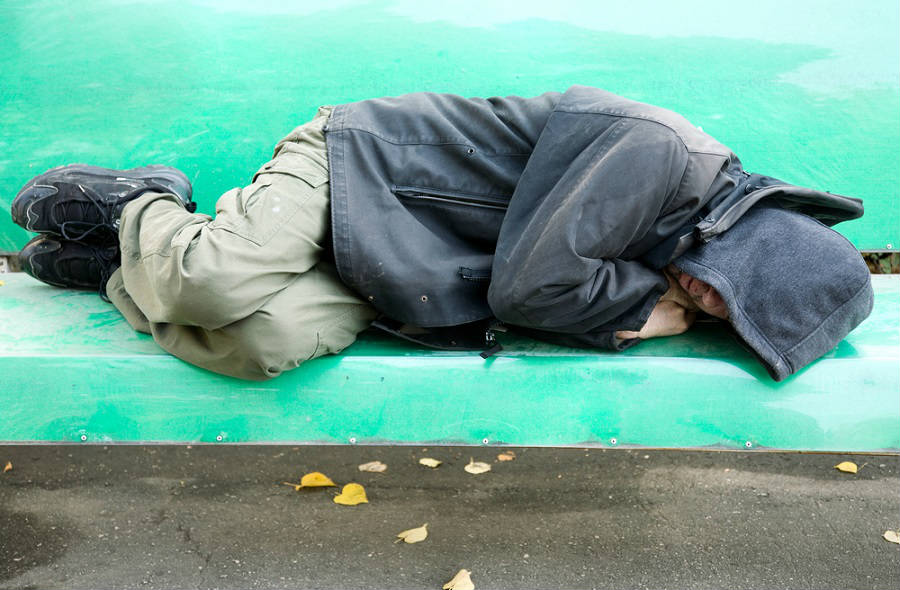

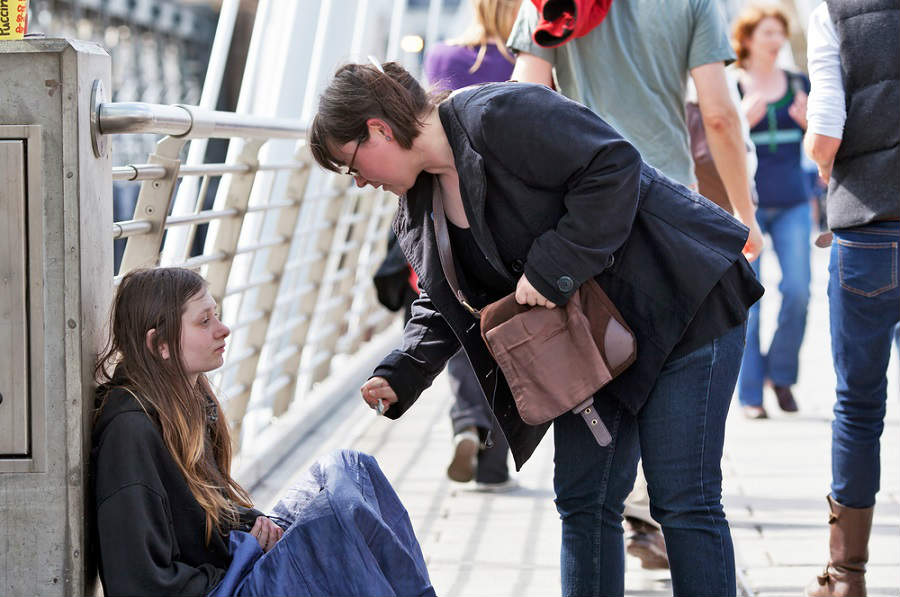
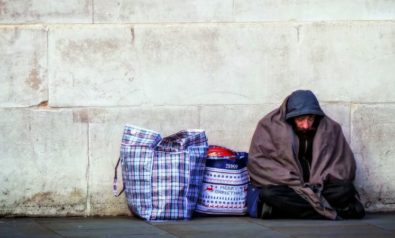
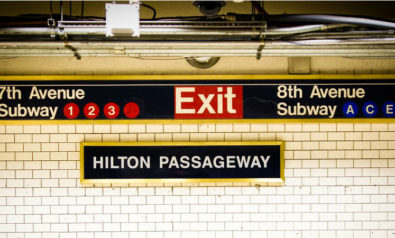





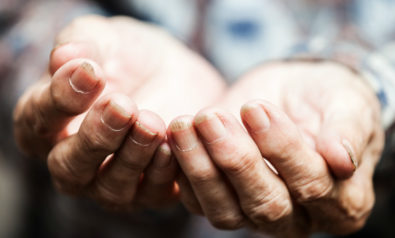




Comment